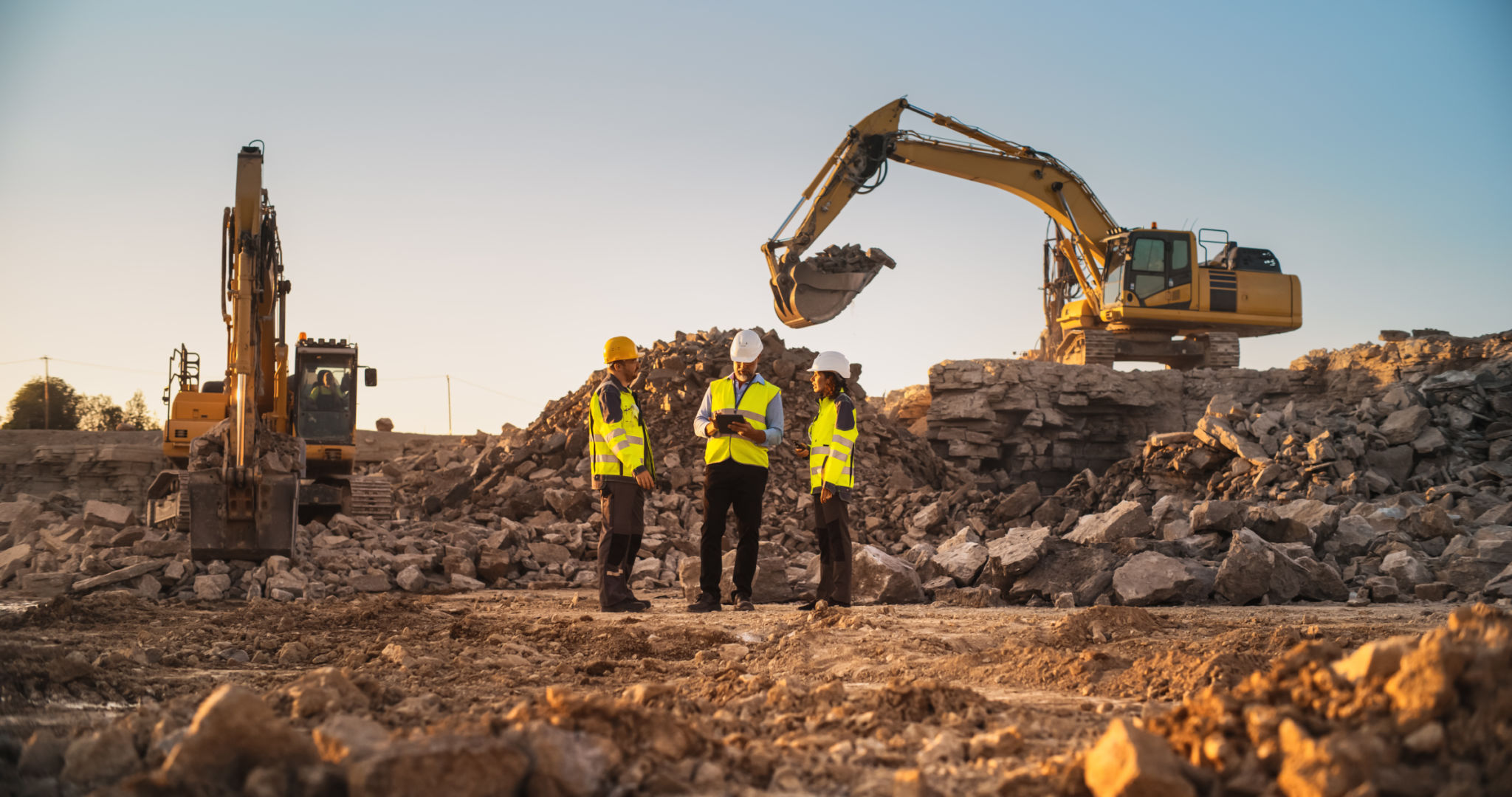Comprehensive Guide to Road Construction in Fiji
KT
Introduction to Road Construction in Fiji
Fiji, an archipelago in the South Pacific, is not only known for its stunning beaches and vibrant culture, but also for its developing infrastructure. Road construction in Fiji plays a crucial role in connecting its many islands, facilitating trade, and enhancing tourism. This comprehensive guide aims to provide insights into the road construction process in Fiji, highlighting the challenges and opportunities unique to this island nation.

Understanding the Terrain
Fiji's diverse terrain, which includes coastal plains, mountainous regions, and dense forests, presents unique challenges for road construction. Engineers must carefully design and plan roads that can withstand the island's tropical climate and frequent rainfall. Geotechnical surveys are essential to assess soil stability and potential landslide risks before construction begins.
Additionally, preserving the natural beauty and biodiversity of Fiji is a priority. Environmental impact assessments are conducted to minimize the ecological footprint of road projects, ensuring that they do not adversely affect the local flora and fauna.
Materials and Technology
Choosing the right materials is critical for the durability and sustainability of roads in Fiji. Locally sourced materials such as coral aggregates are often used, but they must be treated to enhance their strength and longevity. Modern technology, including GPS and drone mapping, aids in precise planning and execution of projects.

The use of innovative construction techniques, such as reinforced concrete and asphalt paving, ensures that roads can withstand heavy traffic and harsh weather conditions. These advancements improve the quality and lifespan of Fijian roads, making them safer and more reliable for users.
Government and Community Involvement
The Fijian government plays a pivotal role in road construction through planning, funding, and regulation. Public-private partnerships are increasingly common, allowing for shared resources and expertise. This collaboration helps to accelerate project timelines and improve the quality of work.
- Community consultations are vital to address local needs and concerns.
- Employment opportunities for local workers help stimulate the economy.
- Training programs enhance skills within the workforce.

Challenges in Road Construction
Despite advancements, road construction in Fiji faces several challenges. The country's remote location can lead to delays in importing machinery and materials. Additionally, adverse weather conditions such as cyclones can cause significant setbacks in project timelines.
Financial constraints also pose a problem. While international aid and loans can alleviate some financial burdens, sustainable funding solutions are necessary to ensure ongoing maintenance and development of road infrastructure.
The Future of Road Infrastructure in Fiji
As Fiji continues to grow as a tourist destination and economic hub, the importance of robust road infrastructure cannot be overstated. Future projects aim to enhance connectivity between islands through bridges and improved ferry services.
Investments in smart technology and sustainable practices will further bolster Fiji's road network, ensuring that it meets the demands of both residents and visitors. With continued focus on innovation and community collaboration, Fiji’s road construction sector is poised for a bright future.
